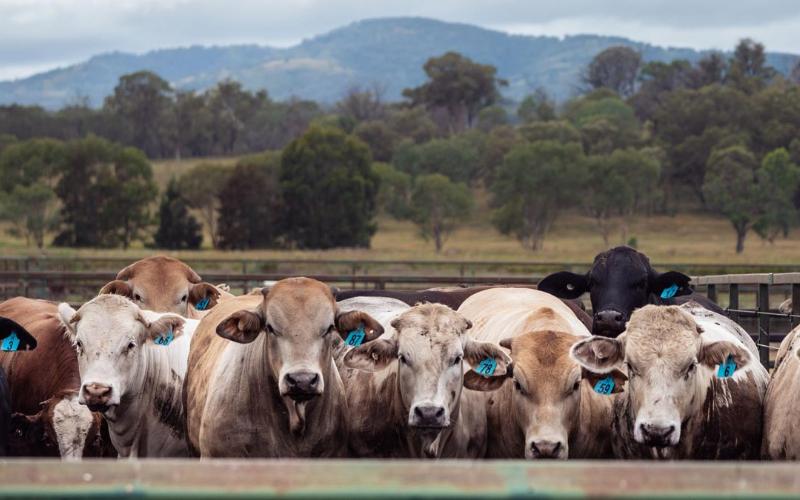New Superbug Threatens Dairy and Human Health
Sourse: in.edairynews.com
A new study highlights the public health threat of the antibiotic-resistant Salmonella Dublin superbug spreading from cattle to humans.

The recently published report raises alarms about a superbug named Salmonella Dublin, which is increasingly resistant to antibiotics. This bacterium, primarily found in cattle, now poses a significant risk to humans via contaminated dairy products like milk and cheese, or through direct contact with affected livestock. Researchers caution that the superbug could eventually become untreatable. Published in Applied and Environmental Microbiology, the study reveals genetic similarities in strains from cattle, humans, and the environment, all of which are genetically identical. Led by Erika Ganda from Penn State University, the research underscores the necessity for comprehensive control measures that integrate animal, human, and environmental health. Cattle strains of the bacterium exhibit considerable resistance to antibiotics such as tetracycline and cephalosporins.
Although it typically leads to severe illness or fatality in cattle, it can cause dangerous blood infections in humans, with vulnerable groups like the elderly and young children at higher risk. Spanning data collected in the U.S. from 2002 to 2023, the study highlights a critical public health concern for the dairy sector. As a leading producer of both beef and dairy, the United States faces increased risk. The findings urge a need for improved monitoring, reduced antibiotic use in livestock, and new public health policies to mitigate this threat. This report serves as a wake-up call to the international dairy community, highlighting the necessity for joint efforts in food safety and animal health to combat antibiotic-resistant bacteria like Salmonella Dublin.
Although it typically leads to severe illness or fatality in cattle, it can cause dangerous blood infections in humans, with vulnerable groups like the elderly and young children at higher risk. Spanning data collected in the U.S. from 2002 to 2023, the study highlights a critical public health concern for the dairy sector. As a leading producer of both beef and dairy, the United States faces increased risk. The findings urge a need for improved monitoring, reduced antibiotic use in livestock, and new public health policies to mitigate this threat. This report serves as a wake-up call to the international dairy community, highlighting the necessity for joint efforts in food safety and animal health to combat antibiotic-resistant bacteria like Salmonella Dublin.
Key News of the Week










